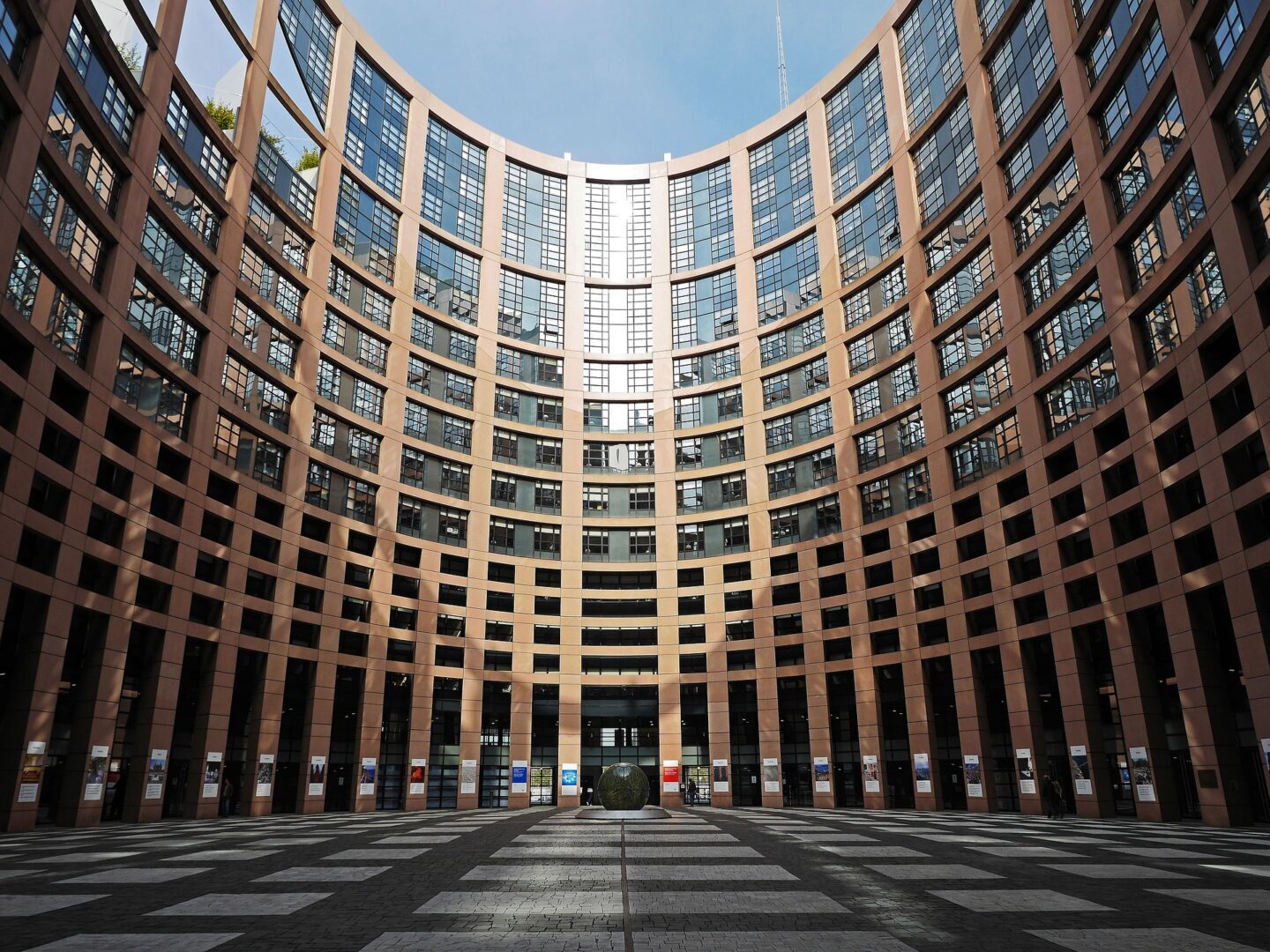EU elections: Europe must wake up to the competitiveness challenge
Europe is at a crossroads. According to Finnish Industries EK, the EU should focus on building a competitive green economy, saving the internal market and strengthening security during the next five years. Continued support for Ukraine is in the absolute interest of both Europe and Finland.
The coming parliamentary term will determine the direction of the EU economy – whether we take the competitiveness challenge seriously or just wither away. Competitiveness will also determine Europe’s ability to meet the needs of the environment, security and citizens’ well-being,” says Jyri Häkämies, Director General of the Confederation of Finnish Industries EK:
“In Finland, the idea that ambitious climate targets can and should drive sustainable growth and generate innovation, jobs and well-being has been adopted already years ago. It is therefore also in the interest of the environment that companies that operate in a sustainable way can thrive and become more competitive. Now we need the same mindset at EU-level.
State aid rules have been relaxed in recent years. Europe, the US and China are competing in a technology race in which governments have played a strong role through subsidy policies. In Europe, Germany and France in particular are subsidising investment in their countries with billions of euros. Finland cannot compete on these terms. That is why Finnish Industries EK has proposed a new financial instrument for the EU to promote strategic investments using the best technologies on the basis of excellence.
“We believe that letting the best and most competitive technologies win would strengthen Europe’s competitiveness and its ability to respond to global competition”, Häkämies says.
Finnish Industries EK’ steps to a prosperous Europe
Turning the climate policy into a driver for green growth
It is in the interests of both the climate and the European economy that the EU continues to pursue an ambitious climate policy. We must promote these goals while at the same time boosting economic growth and competitiveness. Nuclear power must be treated on an equal footing with renewable energy when creating incentives and meeting targets to reduce climate emissions. We also need the right drivers and framework to promote carbon capture and the use of technical sinks.
- The incoming Commission will have to develop a new comprehensive green growth strategy. Its focus should be on how to effectively harness the new tools for sustainable economic growth and become a market leader in clean solutions, rather than on new regulation.
- All clean technologies and energy sources need to be deployed. Energy efficiency must be about reducing fossil energy, not focusing on overall energy consumption.
- Establish EU-level rules for the use of technical sinks, negative emissions and carbon capture.
Strengthening strategic competitiveness
We want the EU’s guiding principle – strategic autonomy – to focus on competitiveness, a strong economy and open trade to make Europe crisis-proof and secure. Europe must be an attractive market, trading partner and location to invest. We need investment, skilled labour and RDI. We need to get rid of state aid competition that hampers the single market and dismantle barriers.
- State aid policy is likely to continue in some form. As an alternative to Member State-specific state aid, a new EU-level strategic investment instrument of €400-500 billion should be created, from which companies can apply for funding for pioneering projects in the green and digital transition and the defence industry.
- In the next funding period, the Research Framework Programme (FP10) funding must be doubled to €200 billion. The programme must be based on quality and competitiveness and encourage innovation by businesses. Member States should commit themselves nationally to 3% of RDI funding.
- The new Commission must take the development of trade relations seriously. A Commissioner dedicated entirely to international trade is required. The main priorities are to get the Mercosur agreement through and to break down barriers to trade with South East Asian countries and the US.
Continued support for Ukraine
The EU’s strong support for Ukraine must continue as long as it is needed. Supporting Ukraine’s defence capabilities, both bilaterally and through EU instruments, requires strengthening the EU’s defence industrial base and enhancing cooperation. Membership negotiations with Ukraine should be opened as soon as possible. Sanctions against Russia should be strengthened, especially in the context of G7 cooperation to prevent the circumvention of sanctions via third countries. The role of the business sector in the reconstruction and modernisation of Ukraine is crucial, and adequate instruments must be created for this work.
- The EU must set up an InvestUkraine facility to finance Ukraine’s immediate and future reconstruction needs. It would provide export guarantees to EU national export credit agencies, investment guarantees to development finance institutions and equity investments. The €12 billion fund would aim to cumulate around €50 billion of reconstruction investments.
- To implement investment projects, an EU-level approach should be developed to support the building of business consortia.
A holistic approach to security is also needed at EU level
There is now a new iron curtain in Europe and Finland’s position is more strategic than ever for the EU as a whole. Finland must play an active role in developing solutions at EU level to the challenges posed by the new security situation and the disengagement from Russia. This also requires a closer partnership with the Baltic States and Poland.
- For the next financial period, an EU funding instrument is needed, taking into account the strategic importance of the Union’s eastern external border regions.
- For example, the continuation and adaptation of the CEF (Connecting Europe Facility) is important.
- As part of ensuring accessibility, ice breaking and other winter navigation conditions must also be fully and permanently taken into account in EU and IMO regulation.
